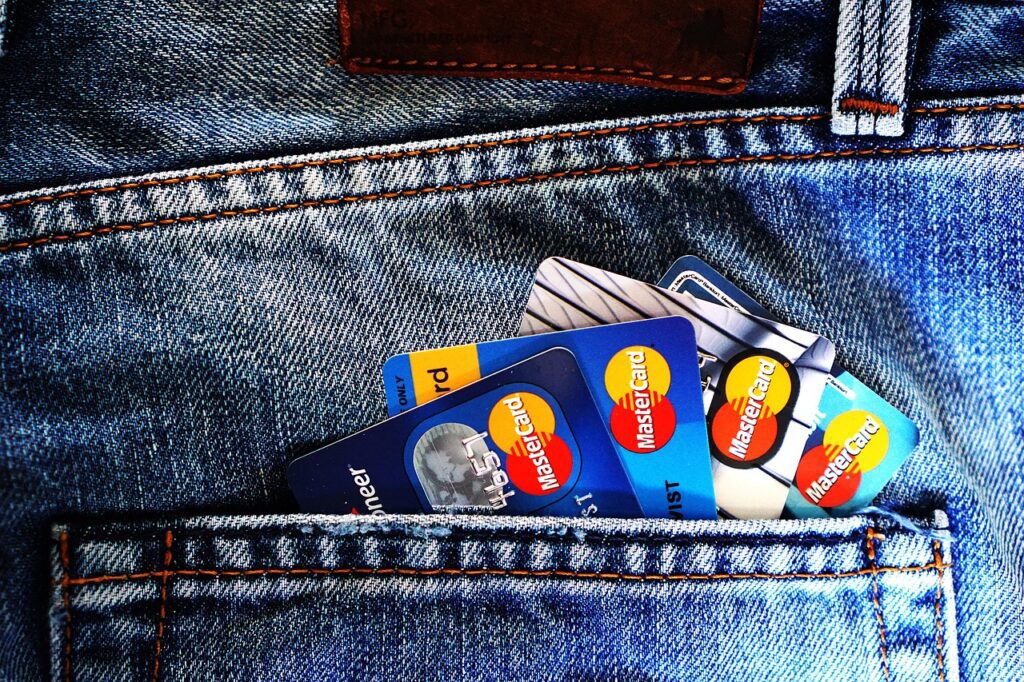Table of Contents
ToggleWhat Is Credit? Will You Need It?
Students often ask me about credit, credit cards and credit ratings. As a young person about to embark upon their financial journey, it is quite exciting to consider the fact that banks may provide them with loans to buy the things that they could unlikely afford to buy without such access to credit.
I recall that my first experience with credit was through store credit. I was contemplating buying a new pair of running shoes when I was 18 but couldn’t afford the $80 (which was a fortune for me at the time) To my surprise, due to having a job at a business just a few doors down the road and being a regular customer of the store, the owner offered a store credit account. I didn’t even know what that was. Basically, I could take the shoes today and pay monthly payments until the balance was paid off, with a small amount of interest.
This was quite a minor thing to do, but as it turned out, it helped when I applied for a credit card 12 months later. I had established some minor credibility by paying off my shoes within the allotted time. Now I had my first credit card. I was to learn the hard way all about the pros and cons of credit cards later in life. But that’s for another blog post.
A good credit rating is like a golden ticket in the financial world. It opens doors to various opportunities and helps individuals achieve their financial goals. In this short article, we will explore the intricacies of credit ratings, how to maintain a good one, and the immense value it brings.
How Credit Ratings Work
A credit rating is a numerical representation of your creditworthiness, indicating how likely you are to repay borrowed money. Credit bureaus collect and analyze data on your credit history to assign you a credit score. This score is typically based on various factors, including:
1. Payment History: Timely repayment of loans and credit card bills is a crucial factor. Late or missed payments can significantly impact your credit score negatively.
2. Credit Utilization: This is the ratio of your credit card balances to your credit limits. High credit card balances relative to your credit limit can hurt your credit score.
3. Length of Credit History: The longer your credit history, the better. It provides a track record of your financial responsibility.
4. Types of Credit: Having a mix of credit types, such as credit cards, instalment loans, and mortgages, can positively influence your credit score.
5. New Credit: Opening multiple new credit accounts in a short period can raise concerns and lower your credit score.
Maintaining a Good Credit Rating
There are several simple things that you need to do to maintain a good credit score
1. Pay Bills on Time: Consistently paying your bills on time is the single most crucial factor in maintaining a good credit rating.
2. Manage Credit Utilization: Keep your credit card balances low and avoid maxing out your credit cards.
3. Monitor Your Credit Report: Regularly check your credit report for errors or unauthorized accounts. Correct any inaccuracies promptly.
4. Use Credit Wisely: Be cautious when applying for new credit. Only apply for credit that you genuinely need.
5. Establish a Credit History: If you’re new to credit, consider starting with a secured credit card or becoming an authorized user on someone else’s credit card.
The Value of a Good Credit Rating
1. Lower Interest Rates: With a good credit score, you’re more likely to secure loans and credit at lower interest rates, saving you money in the long run.
2. Access to Financial Opportunities: A strong credit history opens doors to various financial opportunities, including mortgages, car loans, and business loans.
3. Rental and Employment Opportunities: Landlords and potential employers may check your credit as part of their evaluation process. A good credit score can enhance your chances of getting approved for a rental or a job.
4. Negotiating Power: When you have good credit, you have more leverage to negotiate better terms on loans and credit cards.
5. Peace of Mind: A good credit rating can reduce financial stress, as you’re more likely to have access to credit when unexpected expenses arise.
Conclusion
A good credit rating is a valuable asset that can significantly impact your financial well-being.
I try to impress upon my students the importance of understanding and managing their credit. I encourage them to build and maintain good credit, as it is a foundational element of personal finance. By doing so, they can look forward to a brighter financial future with more opportunities and fewer financial roadblocks.
But I would also like to warn of the dangers of borrowing too much, paying high interest rates and especially the temptation of credit cards. Credit cards can provide convenience and also help in establishing a good credit rating which can be useful for larger loans later in life. But they need to be used responsibly and ideally used in a way that pays outstanding balances quickly in order to reduce interest payments.
Just like everything in personal finance, you need to act responsibly and carefully consider all decisions that will likely have long-term impacts. Borrowing money in all its forms comes with great responsibility and also some risk. Managed wisely, using credit can help establish a good credit rating which will provide great opportunities later in life.
Related articles:







I appreciate the humor in your analysis! For those interested, here’s more: FIND OUT MORE. What do you think?